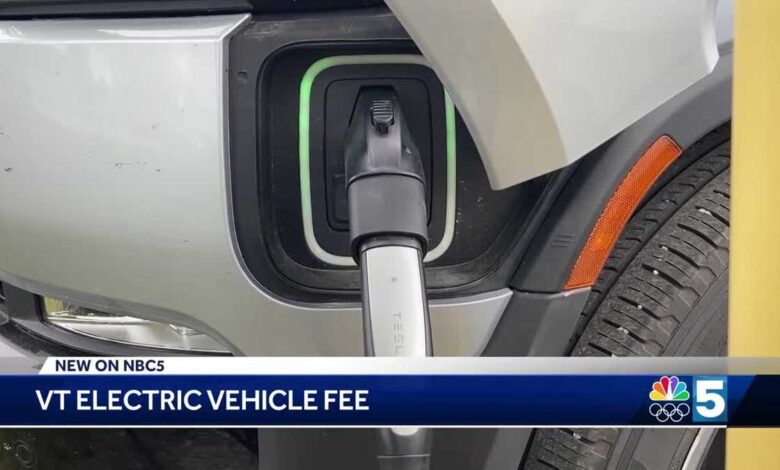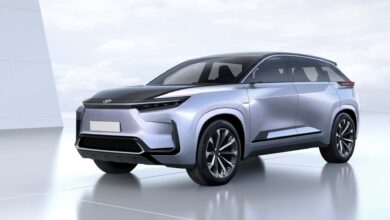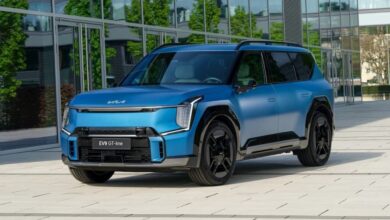New fee announced for electric vehicle owners in Vermont

There’s a new fee for Vermonters that drive electric vehicles and hybrids, and it is being introduced as EVs are more popular as ever. The new fee is a part of the state’s sprawling transportation bill that has been signed into law by Gov. Phil Scott. The fee is being implemented to make up for a loss in revenue from gas tax money, since fully electric cars do not have to go to the pump ever, and hybrids fuel up much less than a typical gas car.For those driving fully electric cars, there will be an additional $89 charge when you register your car for one year and $178 for a two-year registration.For plug-in hybrid drivers, you will pay $44.50 for a one year registration and $89 for a two year registration.The fee will take affect Jan. 1, 2025, and the state estimates they’ll make $600,000 in fiscal year 2025 and $1.7 million in FY 2026. “I think it’s a user fee. I think everyone has to pay something so that we can keep our roads in good order, replace bridges. The infrastructure is important,” said Scott. Lawmakers also said the fee is a temporary fix while they continue working on how to implement a mileage-based fee. The full plan and report for that is also due in January 2025.
There’s a new fee for Vermonters that drive electric vehicles and hybrids, and it is being introduced as EVs are more popular as ever.
The new fee is a part of the state’s sprawling transportation bill that has been signed into law by Gov. Phil Scott.
The fee is being implemented to make up for a loss in revenue from gas tax money, since fully electric cars do not have to go to the pump ever, and hybrids fuel up much less than a typical gas car.
For those driving fully electric cars, there will be an additional $89 charge when you register your car for one year and $178 for a two-year registration.
For plug-in hybrid drivers, you will pay $44.50 for a one year registration and $89 for a two year registration.
The fee will take affect Jan. 1, 2025, and the state estimates they’ll make $600,000 in fiscal year 2025 and $1.7 million in FY 2026.
“I think it’s a user fee. I think everyone has to pay something so that we can keep our roads in good order, replace bridges. The infrastructure is important,” said Scott.
Lawmakers also said the fee is a temporary fix while they continue working on how to implement a mileage-based fee. The full plan and report for that is also due in January 2025.



